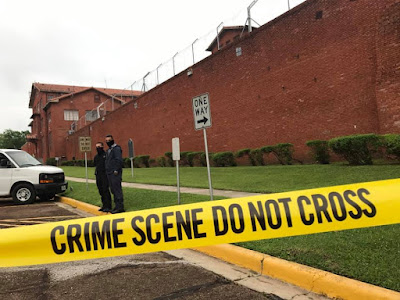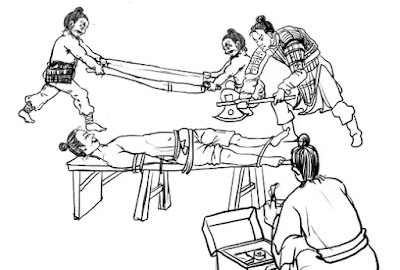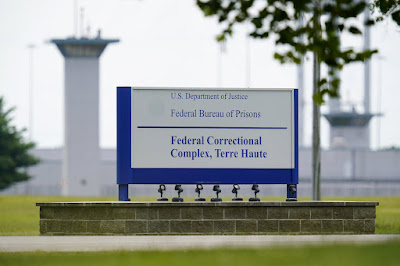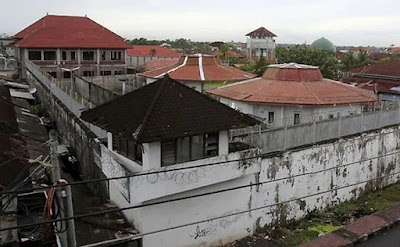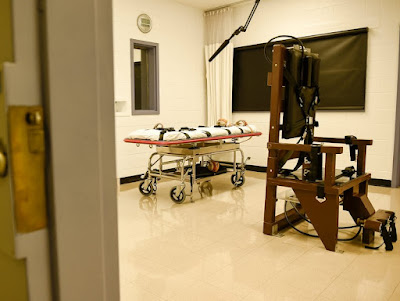Vietnam will officially carry out lethal injections from November this year to replace firing squads in the implementation of death penalties, according to a new government decree.
According to the decree, issued for the implementation of the Law on Execution of Criminal Judgments and signed by Prime Minister Nguyen Tan Dung on September 16, local provincial authorities must build lethal injection facilities.
The Ministry of Health will be responsible for supplying the chemicals used in lethal injections, including the barbiturate anesthetic Sodium thiopental, muscle relaxant Pancuronium bromide and Potassium chloride – the three chemicals most common in lethal injection combination used by many countries.
Each dose comprises of 5 grams of sodium thiopental, 100 milligrams of pancuronium bromide and 100 grams of potassium chloride. Two extra doses are required at each execution as spare chemicals.
The decree stipulates “strictly prohibited acts” during execution, including replacing or changing the volume of chemicals for lethal injections, causing public nuisance at the execution facility and opposing the progress of the execution.
During execution of death penalties, the execution council must ensure the criminal is unconscious under the impact of anesthetic; otherwise more anesthetic will be injected before continuing with the other 2 chemicals.
The extra dose will be used if the criminal is still alive – through checking the heart rate – ten minutes after the first doses.
The health ministry is responsible for instructing public hospitals to assign doctors to identify the vein for the intravenous injection and receiving and storing the body in the case that such action is requested by the execution council.
Cao Ngoc Oanh, a senior official at the Ministry of Public Security, said that the costs for establishing teams of executioners in provinces and districts aren’t a big problem, because there aren’t many death sentences in Vietnam, around 100 cases per year, he said.
Executed criminals have historically been buried in a separate graveyard. However, the Law on Execution of Criminal Judgments taking effect on July 1 allows the executed person’s family to retrieve his or her body, except in cases that concern public and national security.
In 2009, Vietnam removed rape and several other offences from the list of crimes punishable by death.
In addition to rape, National Assembly deputies have voted to remove six other offences from the list, including awarding of bribes, counterfeiting of money and bonds, hijacking ships and planes, vandalism of weapons and military equipment, and appropriation of property through swindling.
Vietnam had reduced the number of death penalty crimes in 1999 to 22 crimes.
Before the Law on Execution of Criminal Judgment takes effect, all death sentences in Vietnam, mostly handed out for murder and drug trafficking offenses, will be carried out by a firing squad.
In 2009, there were at least 83 death sentences handed down and nine executions, according to Vietnamese media reports. Vietnamese authorities do not issue death penalty statistics.
In a scandalous murder case last year, the Supreme People’s Court in Hanoi in November last year upheld a death sentence against 26-year-old Nguyen Duc Nghia, who pled guilty to beheading and robbing his ex-girlfriend in July.
The case grabbed headlines when Nghia was found guilty of stabbing his ex-girlfriend to death and chopping off her head and fingers before wrapping her torso in a blanket and stashing it on the building’s rooftop.
Alongside the replacement of firing squads with the lethal injection, which is said to be more humane by many lawmakers, Vietnam has granted amnesty to more than 10,000 inmates this year.
Last year, Vietnam released more than 17,000 inmates for National Day amnesty.
Source: Thanh Nien News, Sept. 24, 2011
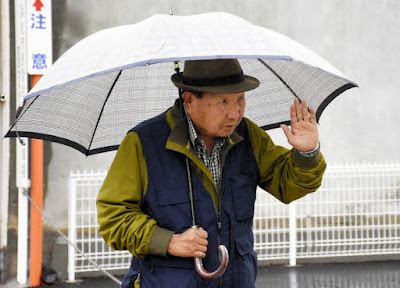


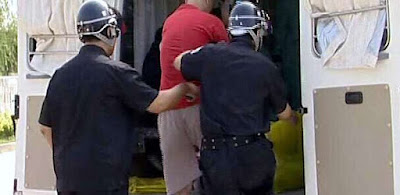
.jpg)
